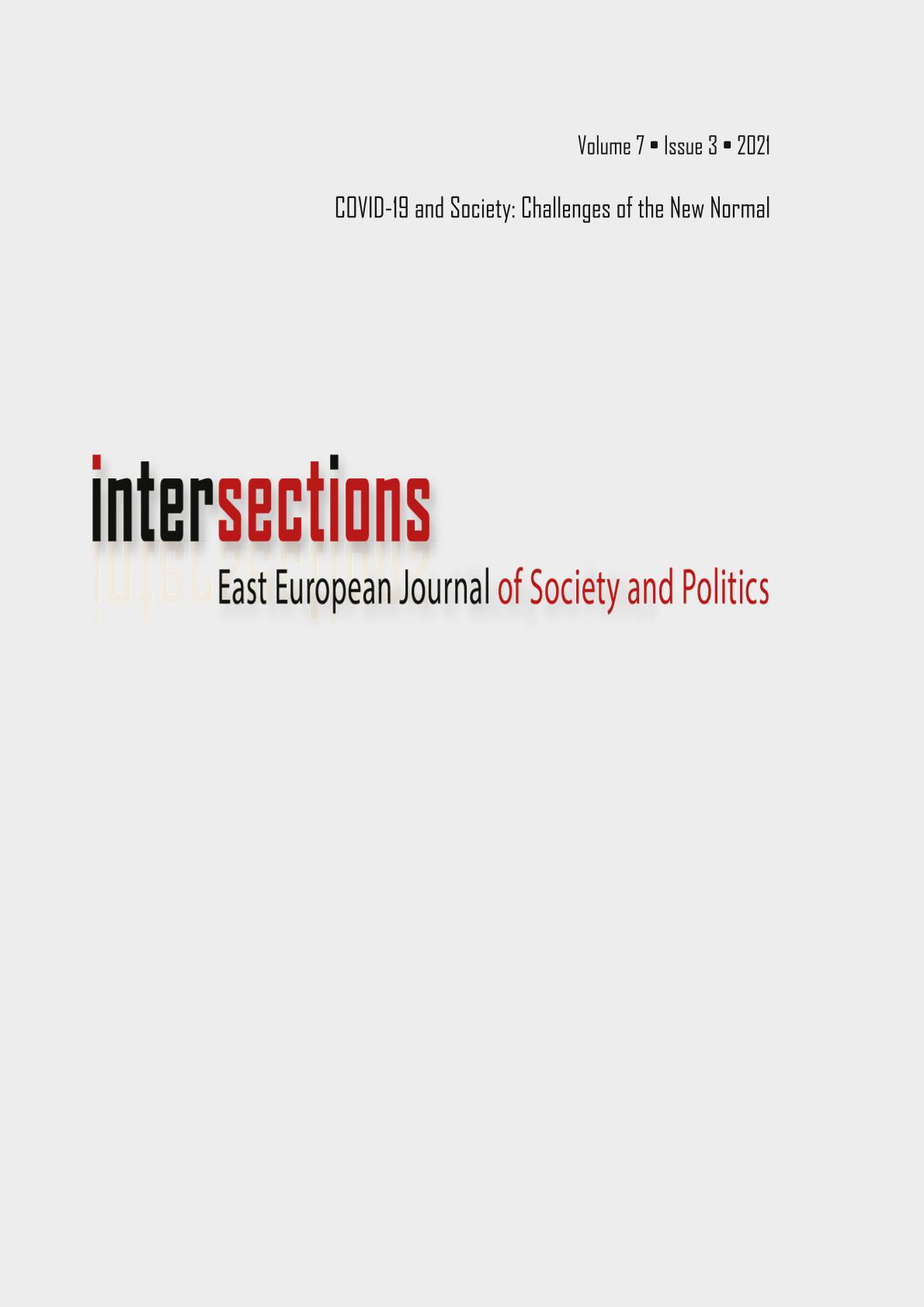Dominant Christian narratives of solidarity during the COVID pandemic in Hungary
Dominant Christian narratives of solidarity during the COVID pandemic in Hungary
Author(s): Anna Vancsó, Zoltán KmettySubject(s): History and theory of sociology, Health and medicine and law, Social Norms / Social Control, Sociology of Religion
Published by: MTA Társadalomtudományi Kutatóközpont Kisebbsegkutató Intézet
Keywords: COVID-19; religion; solidarity; authority; text-mining
Summary/Abstract: In crises, the importance of solidarity becomes crucial. Religious organizations, as members of civil society, have an essential role in promoting and participating in solidarity action. Dominant religious organizations thus can have the power to shape the image of solidarity in a crisis and, by creating a dominant narrative, to strengthen their social position. In times of crisis, hidden religious narratives could gain visibility, and religious authority could also gain more power. But in the previous migration crisis, religious actors failed to fulfill their solidarity role actively, and were unable to strengthen their public position in Hungary. We used both quantitative and qualitative text analysis methods to understand the role of religious actors in solidarity action during the COVID-19 pandemic. We have blended these methods with network analysis techniques to present the role of different actors in this communication process. Our results show that the appearance of religious or church-related actors does not infer a religious interpretation, per se. Many articles mentioned church-related organizations as good examples of solidarity, but this was not embedded into the religious narrative. Religious actors mentioned together with political actors were more visible in online media, but the lack of the former’s own voice also shows the decreasing power of religious authority. However, we found religious narratives that called for new understanding and interpretations of the pandemic and its effect on society and the future, but those interpretations were represented mainly by Pope Francis, and echoed by only a few Hungarian actors, showing the lack of dominant and politically independent religious narratives about social issues in the media or the public sphere.
Journal: Intersections. East European Journal of Society and Politics
- Issue Year: 7/2021
- Issue No: 3
- Page Range: 101-119
- Page Count: 19
- Language: English

